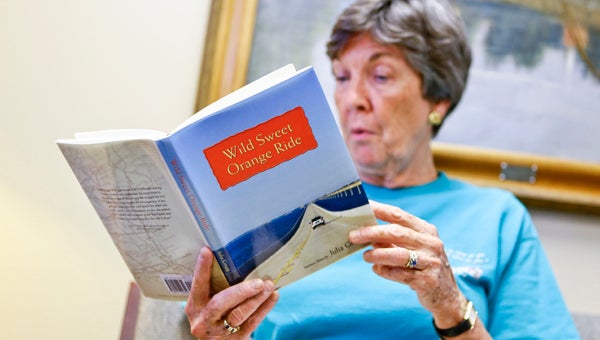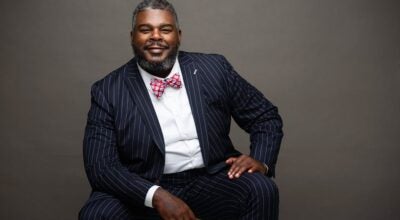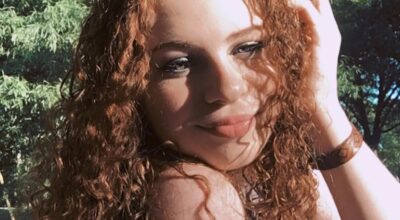Low Vision Day success for VIP, Inc.
Published 7:02 pm Monday, April 13, 2015
Visually Impaired People, Inc.’s Low Vision Day event proved to be a success, as hundreds gathered at the Carl C. Morgan Convention Center on April 7.
The event’s mission, which was to provide the community with education regarding low vision and to help those who were visually impaired, was accomplished, said the organization’s CEO William Bowman.
“It brought the information to the home or grassroots level,” Bowman said. “So, people could actually witness these opportunities without having to go to Birmingham, Atlanta or somewhere like that.”
Nearly 150 individuals registered for the event, but about 60 additional people were added to the mix of those who gathered to view the latest technological advancements, obtain eye exams and listen to guest speakers.
Most of the attendees had little to no vision, and were either visually impaired or legally blind.
A majority of participants being tested had issues with glaucoma and diabetic retinopathy, which is a cause of blindness due to diabetes.
Bowman said the function ran smoothly, and participants mentioned they hadn’t recognized some of the new technology that’s available to visually impaired persons.
“That gave them some hope there was something out there that could help them,” Bowman said. “One little small device could change someone’s overall day.”
Dallas County Probate Judge Kim Ballard dropped by the event with an official proclamation to declare April 7 as Low Vision Awareness Day in Dallas County. Bowman said it was honorable of Ballard to represent the county and attend the event.
Volunteers and students from Selma High School, R.B. Hudson Middle School and Wallace Community College Selma served as hosts and guides. The volunteers were greatly appreciated, Bowman said.
Through the entirety of the Low Vision Day program, Bowman said he could see and feel people were all getting along and learning from and speaking with each other.
“I like to see white folk, black folk, rich folk and poor folk all sitting in a function together at the same table interacting with one another like human beings are supposed to,” Bowman said.
Bowman wanted to gain feedback from participants by asking them if he should do the event again.
“They (participants) didn’t want to leave the program that day,” he said. “So, I assumed they would come back. If funding is available for the program, then I would do it.”





